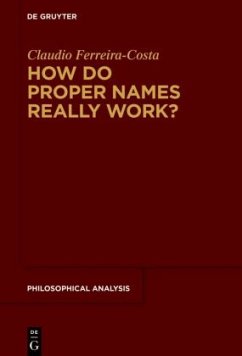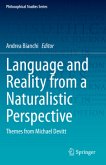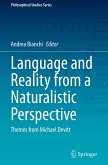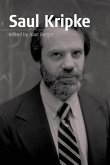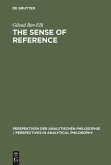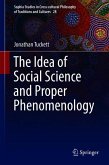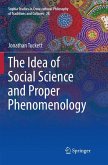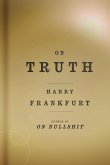For fifty years the philosophy of language has been experiencing a stalemating conflict between the old descriptive and internalist orthodoxy (advocated by philosophers such as Frege, Russell, Wittgenstein, Strawson, and Searle) and the new causal-referential and externalist orthodoxy (mainly endorsed by Kripke, Putnam, and Kaplan). Although the latter is dominant among specialists, the former retains a discomforting intuitive plausibility. The ultimate goal of this book is to overcome the stalemate by means of a non-naïve return to the old descriptivist-internalist orthodoxy. Concerning proper names, this means introducing second-order description-rules capable of systemizing descriptions of the proper name's cluster to provide us with the right changeable conditions of satisfaction for its application. Such rules can explain how a proper name can become a rigid designator while remaining descriptive, disarming Kripke's and Donnellan's main objections. In the last chapter, this new perspective is extended to indexicals in a discussion of David Kaplan's and John Perry's views, and of general terms, in a discussion of Hilary Putnam's externalism.

